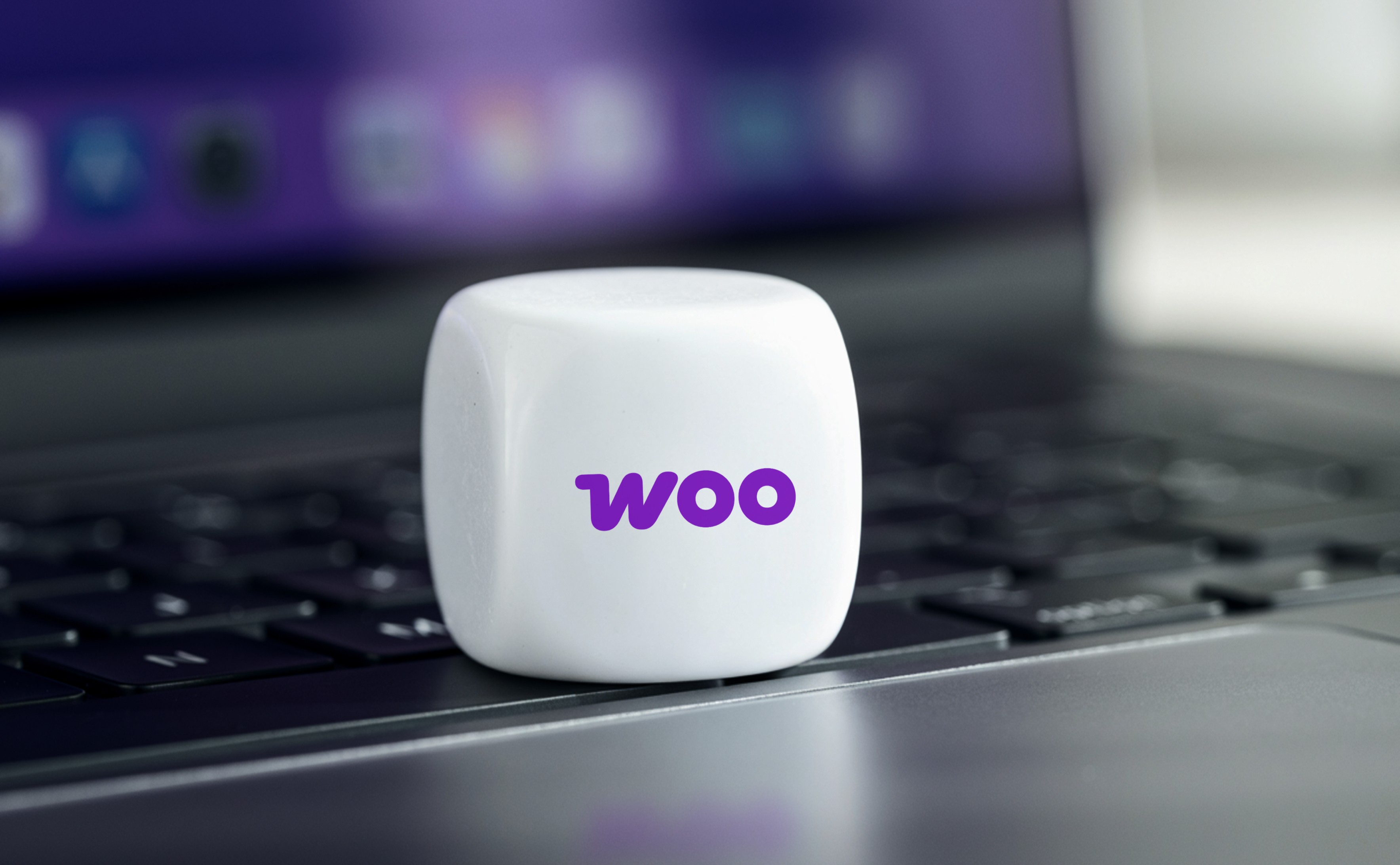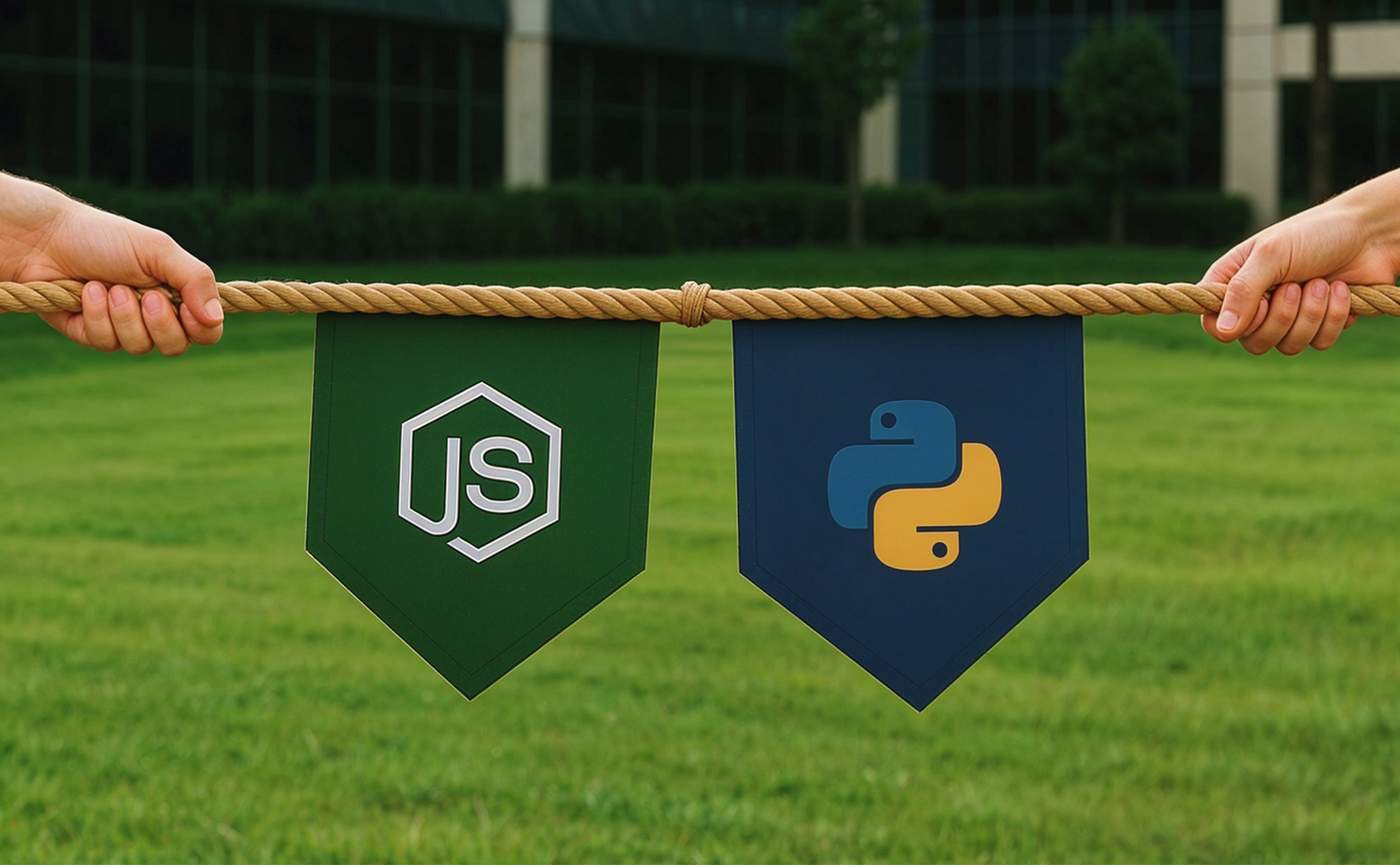Top 20 Advantages and Disadvantages of Social Media
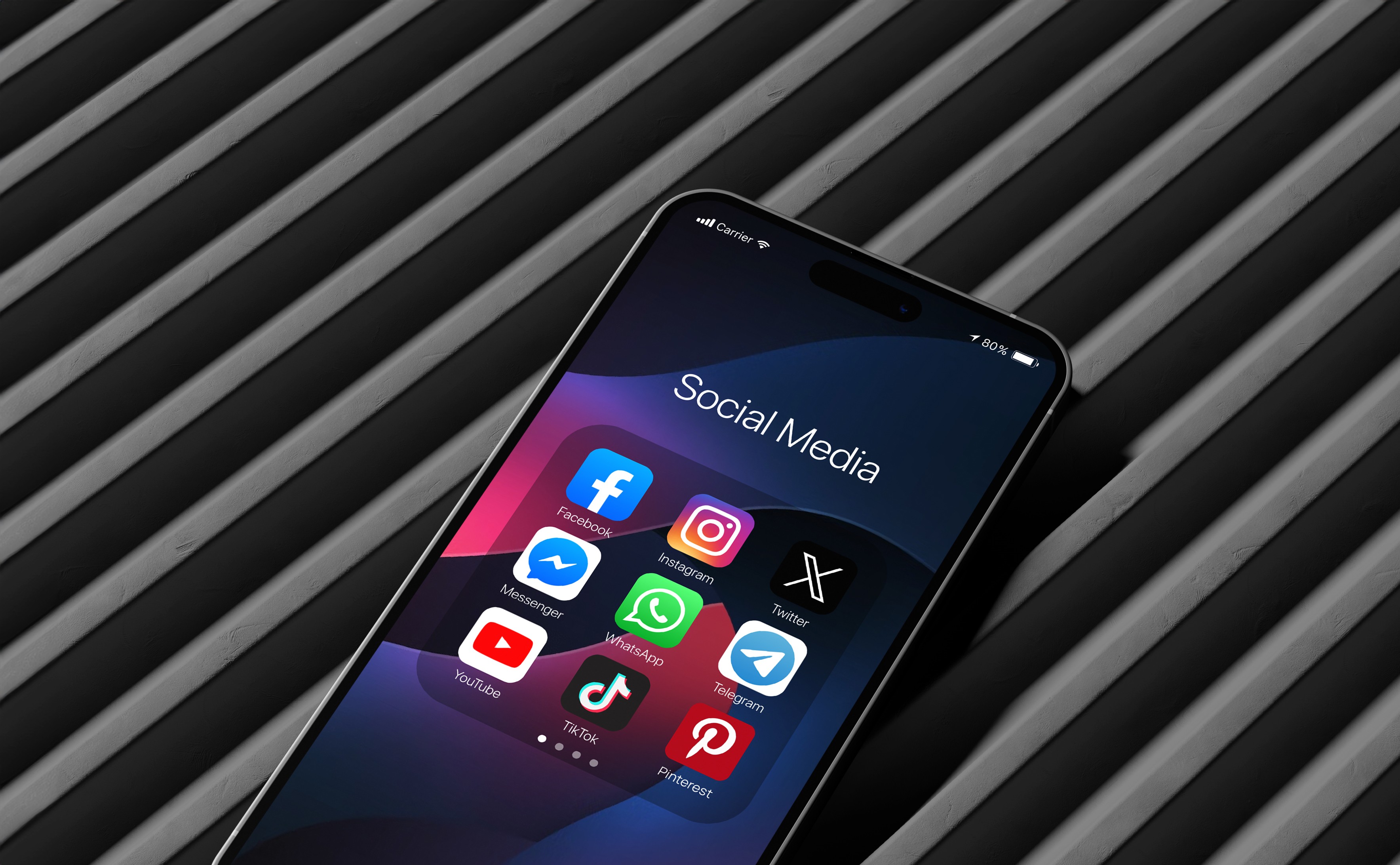
- Overview of Social Media
- Uses of Social Media for Business, Branding and Personal Branding
- Impact of Social Media Across Industries
- Pros and Cons of Social Media
- Top Advantages and Disadvantages of Social Media
- Top 10 Advantages of Social Media
- Top 10 Disadvantages of Social Media
- The Bottom Line
- Expert Social Media Management and Digital Marketing Strategies
- Overview of Social Media
- Uses of Social Media for Business, Branding and Personal Branding
- Impact of Social Media Across Industries
- Pros and Cons of Social Media
- Top Advantages and Disadvantages of Social Media
- Top 10 Advantages of Social Media
- Top 10 Disadvantages of Social Media
- The Bottom Line
- Expert Social Media Management and Digital Marketing Strategies
Social media has become an integral part of our daily lives. From connecting with friends and family to promoting businesses, social media platforms like Facebook, Instagram, Twitter, and LinkedIn offer immense value.
Social media has numerous advantages. It helps with global networking, vast business and marketing opportunities, ease of interaction, and information sharing across various platforms. However, it also has many disadvantages including privacy concerns, distraction, cyberbullying, misinformation, and impact on mental health. In this blog, we will look at the uses of social media in businesses, its impacts on industries, and the major advantages and disadvantages of social media in detail.
Overview of Social Media
Social media refers to online platforms and apps that allow users to create and share content, interact with others, and build communities.
Some key advantages of social media include:
- Connecting and communicating with other users through messages, posts, tweets etc.
- Sharing multimedia content like photos, videos, GIFs, memes etc.
- Expressing opinions, ideas, and thoughts through posts and comments.
- Creating groups, pages, and online communities based on interests and topics.
- Promoting businesses, brands, products, services, and personal profiles.
- Accessing news and current affairs, and staying updated.
With billions of users across platforms like YouTube, Facebook, Instagram, and Snapchat, social media has become a dominant channel for communication, expression, marketing and entertainment.
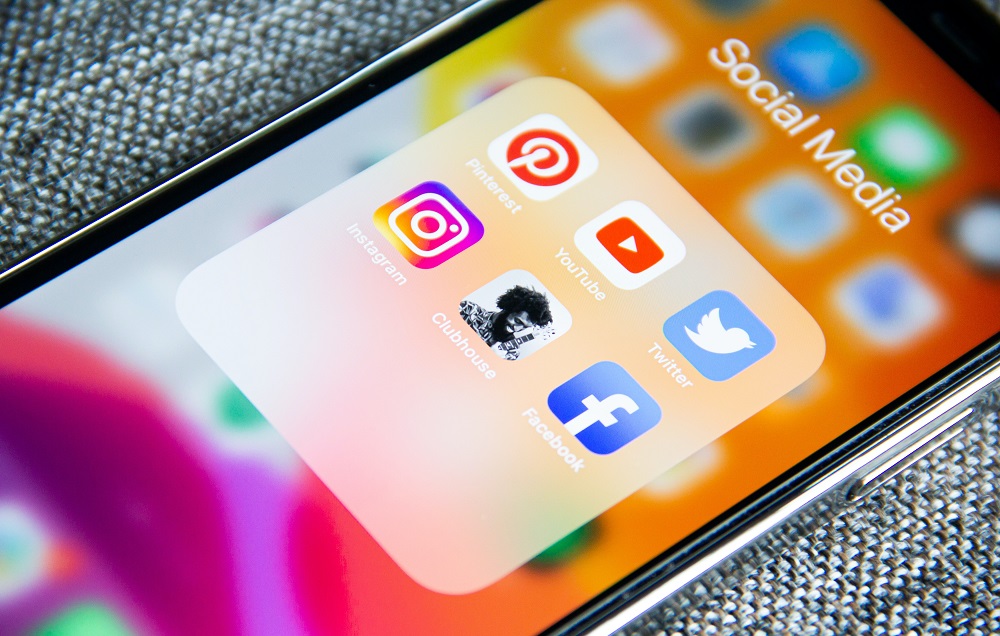
Uses of Social Media for Business, Branding and Personal Branding
Social media offers many use cases spanning business, branding, personal branding and other spheres:
- Business Promotion: Entrepreneurs, influencers, and professionals leverage social media to promote their products, services, and personal brand. It helps display their portfolio, skills, and expertise to attract clients.
- Brand Building: Companies use social platforms for digital marketing like paid ad campaigns to increase brand awareness, engage customers, handle customer service queries, and boost sales. From startups to big brands across industries and niches, social channels are indispensable for brand building.
- Personal Branding: Professionals across fields use social networking to showcase their work, achievements, and skills to industry connections. Personal branding on social media helps them network, and find jobs and freelance projects.
- Massive Impact Across Sectors: Social media affects diverse sectors like media, entertainment, tourism, retail, education, and policymaking enabling discussions and change. Social media’s immense business potential and personal branding prospects impact industries extensively.
Impact of Social Media Across Industries
Social media impact extends across various fields, showcasing the broad-reaching implications of digital connectivity:
- Media & Entertainment: Platforms like Facebook, YouTube, Instagram, and TikTok disrupt traditional media allowing creativity and engagement. However, issues like piracy and copyright violations can arise.
- Retail: Social media enables personalised marketing. However, customers may get swayed by influencers giving negative reviews.
- Tourism: Image-sharing and reviews help attract tourists globally to locations. However, excessive social media usage during vacations has downsides.
- Education: Students and teachers leverage social media for collaboration and knowledge sharing. But it can also cause distractions and questionable content.
- Policymaking: Twitter and Facebook facilitate discussions driving policy changes. But the spread of fake news leading to tensions is a rising concern.
Pros and Cons of Social Media
In the fast-paced digital era, social media has become an integral part of our daily lives, shaping the way we connect, communicate, and consume information. From fostering global connectivity to presenting challenges in privacy, the landscape of social media is nuanced.
Let's delve into the merits and demerits of social media:
| Advantages of Social Media | Disadvantages of Social Media |
| Staying Connected | Distraction and Loss of Productivity |
| Access to News and Current Events | Spread of Misinformation |
| Platform for Personal Branding | Compromise Privacy and Data Vulnerabilities |
| Business and Marketing Opportunity | Promotes Superficial Connections |
| Convenience and Ease of Access | Social Media Addiction |
| Fosters Innovation and Learning | Enables Bullying and Harassment |
| Provides Entertainment | Promotes Social Isolation |
| Platform for Societal Change | Causes Depression and Anxiety |
| Promotes Skill Development | Promotes Obsessive Self-Presentation |
| Supplement to Education | Helps Spread Scams and Frauds |
Top Advantages and Disadvantages of Social Media
Social media has revolutionised communication, global connections, brand management, audience engagement, positive online presence, business expansion, etc. A detailed report from Kepios shows about 5.24 billion social media users worldwide at the beginning of January 2025, constituting 63.9% of the global population. However, despite the benefits of social media, having a keen knowledge of its disadvantages is crucial to ensure you utilise it effectively for a positive outcome. Many concerns like the proliferation of misinformation, privacy issues, and health impacts portray an undesirable use of social media, which you should be aware of. Let’s have a look into the core advantages and disadvantages of social media you need to watch out for.
Top 10 Advantages of Social Media
In the digital era, the advantages of social media are indisputable, wielding influence across diverse aspects of our lives. From fostering global connectivity to serving as a powerful marketing tool, social media transcends geographical boundaries, bringing people together and reshaping the way we communicate. Exploring these advantages underscores the transformative role social media plays in shaping our interconnected world: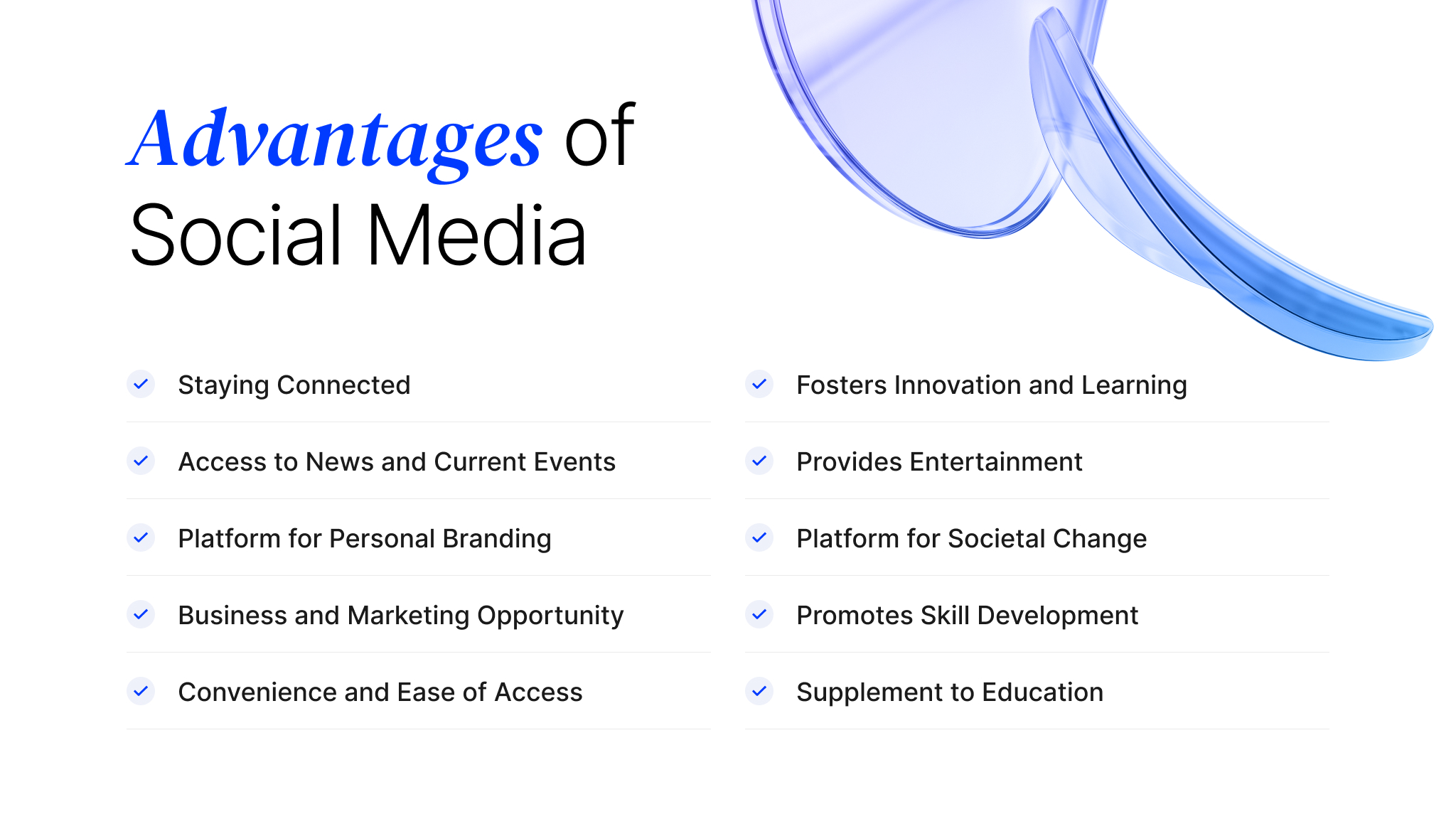
1. Staying Connected
Social media platforms like Facebook, Instagram and Snapchat facilitate easy communication across geographical barriers and time zones. They allow people to stay connected with friends, family members, acquaintances, colleagues and even celebrities seamlessly. Features like messaging, photo/video sharing and groups help nurture relationships.
2. Access to News and Current Events
Twitter, Facebook, YouTube, and other platforms have emerged as real-time news sources providing instant updates on happenings from around the world. This facilitates access to breaking news and helps people stay informed on current events as they unfold. These platforms also enable people to easily share news and views.
3. Platform for Personal Branding
Social networks like LinkedIn, Twitter and Instagram allow professionals to promote their skills, services, accomplishments and products to a wider audience and build their brand. Influencers leverage these channels to foster thoughts, establish leadership and monetise their following.
4. Business and Marketing Opportunity
Companies utilise social media for market research on consumer preferences and feedback. It provides a venue for increasing brand awareness through promotions and engagement with customers. Many brands also leverage social media platforms for lead generation, sales and customer retention through dedicated business pages and community building.
5. Convenience and Ease of Access
Messaging apps like WhatsApp offer a convenient way for people to communicate with each other via chats, and video/voice calls. Social media apps provide information accessibility, news and entertainment at users' fingertips anytime and anywhere through their smart devices. This makes staying socially connected on-the-go easier than ever before.
6. Fosters Innovation and Learning
The diversity of views, ideas and latest innovations shared by experts and thought-leaders on social media channels sparks creativity among users. The discovery of share-worthy content and global perspectives facilitated by social media also nurtures lifelong learning for people who leverage these tools mindfully.
7. Provides Entertainment
From accessing the latest music videos on YouTube, watching mini-movies on Instagram reels, and Facebook videos to sharing viral jokes & memes – social media facilitates entertainment consumption. Channels like TikTok have gained popularity solely for entertainment via short videos & clips.
8. Platform for Societal Change
By enabling discussions and coordination on a mass scale, social media has driven positive movements for societal change like the Arab Spring revolution, anti-corruption protests in India and the #MeToo campaign. Global connectivity and information-sharing abilities make social media potentially useful.
9. Promotes Skill Development
YouTube, Instagram, Facebook groups and other video/image-sharing platforms enable users to learn new skills by accessing instructional videos, posts, and live streams on cooking, arts, design, academics and more niche interests. The availability of specialised skill-building content empowers self-learning.
10. Supplement to Education
Students and academics actively use social networking platforms for collaboration, knowledge sharing, accessing the latest research and study resources as well as promoting scientific initiatives. Educators supplement classroom teaching with social media tools for increased student engagement.
Top 10 Disadvantages of Social Media
While social media has brought about numerous benefits and opportunities for connectivity, it also comes with its share of disadvantages. Here are the top 10 disadvantages of social media: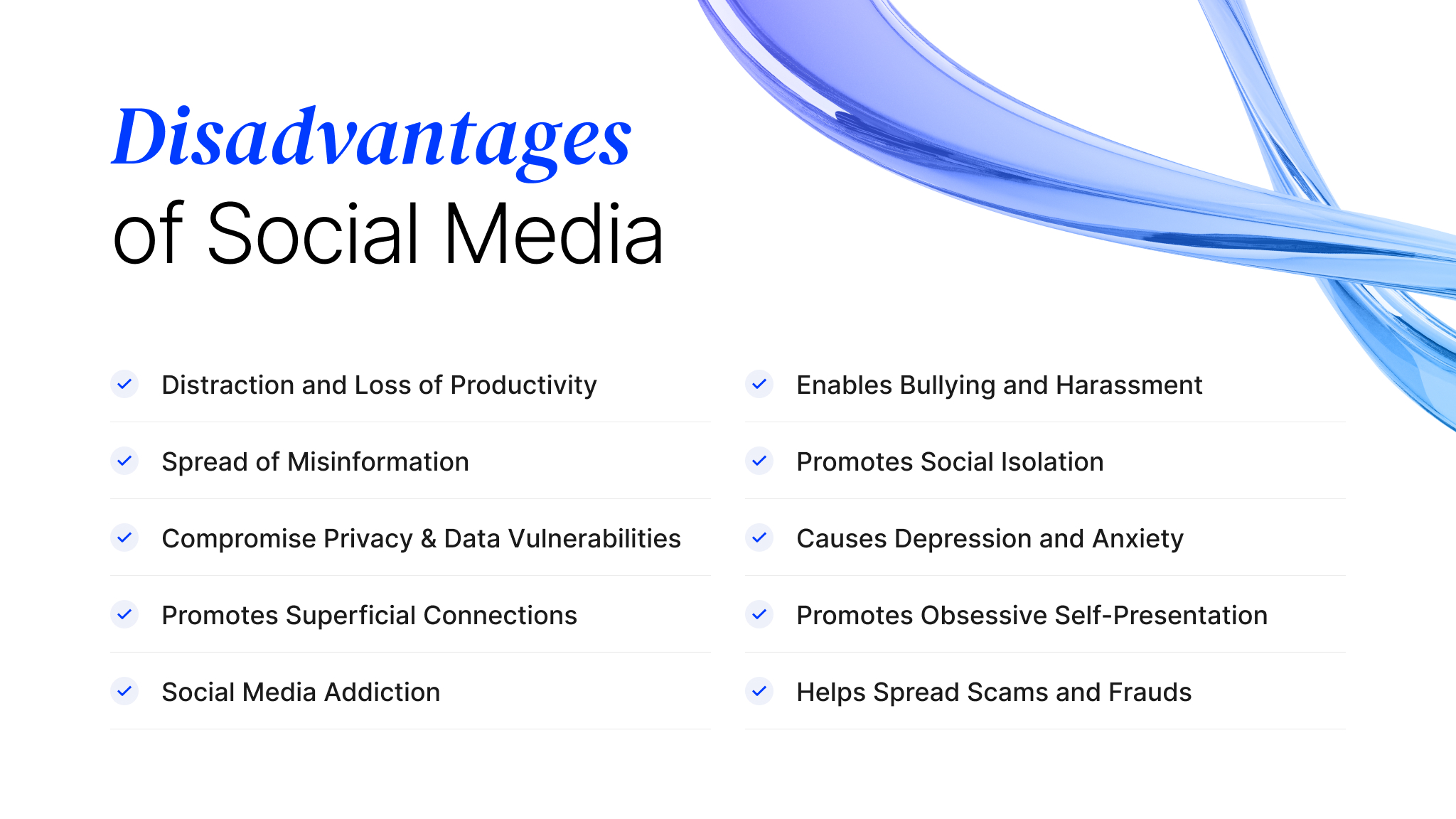
1. Distraction and Loss of Productivity
Obsessive social platform usage during work or study hours leads to reduced productivity.
2. Spread of Misinformation
Circulation of fake news, propaganda and unverified data through viral posts and messages can misguide users.
3. Compromise Privacy and Data Vulnerabilities
Oversharing personal information and data thefts compromises user privacy and exposes them to fraud.
4. Promotes Superficial Connections
The use of social networks to make fake connections rather than meaningful relationships can be detrimental.
5. Social Media Addiction
Excessive checking of notifications and mindless scrolling creates addictive behaviour impeding real-life relationships and well-being.
6. Enables Bullying and Harassment
Trolling, public humiliation and harassment of individuals including celebrities is made easy by anonymous accounts.
7. Promotes Social Isolation
Spending excessive time on social networking can reduce in-person interactions, communication and sociability leading to isolation.
8. Causes Depression and Anxiety
Studies have revealed that social media usage is associated with low self-esteem, anxiety, and depression, especially among teenagers.
9. Promotes Obsessive Self-Presentation
Focusing excessively on presenting perfect selfies, and posts for likes and comments triggers unrealistic comparisons with others propagating anxiety.
10. Helps Spread Scams and Frauds
Fake news, phishing attacks and Ponzi schemes can easily spread through social channels causing financial fraud.
The Bottom Line
Social networking has become deeply embedded into the fabric of modern digital society. It offers connectivity, information access, personal branding prospects and entertainment alongside business opportunities. It also serves as a platform for social movements, community building, and global awareness.
However, excessive social media use without reasonable controls can propagate misinformation, compromise privacy, reduce productivity and negatively impact mental health. Hence, it is vital to use social media platforms in moderation by following time limits, disabling notifications, assessing the credibility of information and focusing more on real-life relationships.
Ultimately, the advantages of social media outweigh the disadvantages when used responsibly. Users must establish self-discipline by being mindful of time spent, safeguarding personal data and verifying information sourced from social platforms.
Expert Social Media Management and Digital Marketing Strategies
In today's digital age, establishing a strong online presence is paramount for business success. If navigating the complexities of social media management and digital marketing seems daunting, look no further than Webandcrafts, the leading digital transformation services company. Our team of seasoned experts is dedicated to helping businesses thrive in the ever-evolving online landscape.
FAQs
- Social media provides a cost-effective platform for marketing and advertising.
- It allows businesses to engage directly with their target audience and build brand awareness.
- Social media facilitates real-time communication, fostering customer relationships.
- It provides valuable data and analytics to understand consumer behaviour and preferences.
- Social media can enhance SEO efforts, driving more traffic to a company's website.
- Social media serves as a platform for sharing diverse perspectives and influencing public discourse.
- It has the power to mobilise communities for social and political movements.
- Trends and viral content on social media can impact popular culture and shape societal norms.
- Social media provides a space for advocacy and raising awareness about social issues.
- The spread of misinformation and fake news on social media can contribute to the formation of false opinions.
- Tracking key performance indicators (KPIs) such as engagement, reach, and conversion rates.
- Using analytic tools to measure website traffic originating from social media platforms.
- Conducting surveys and analysing customer feedback to gauge the impact of social media campaigns.
- Monitoring the growth of the social media following and brand mentions.
- Calculating the cost of social media marketing campaigns compared to the generated revenue.
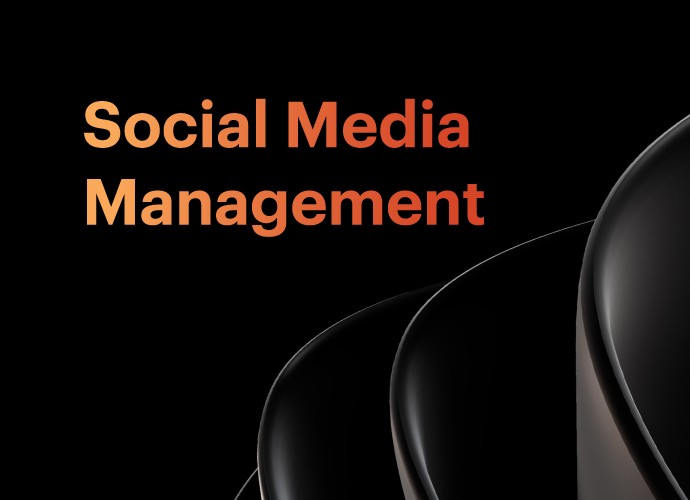
Professional Social Media Management Services
Consistent interaction with your potential customers with a calendar of scheduled activities via Social Media
- Digital Marketing Strategy: Building a Winning Plan for 2026
- Guide to Winning with PPC: Optimizing Your Paid Search Strategy
- Customer vs Consumer: What's the Difference?
- How to Increase Views on Instagram Reels in 2026 – Proven Viral Hacks
- Email Writing Format: How to Write an Email Effectively (Tips and Examples)
Discover Digital Transformation
Please feel free to share your thoughts and we can discuss it over a cup of tea.


